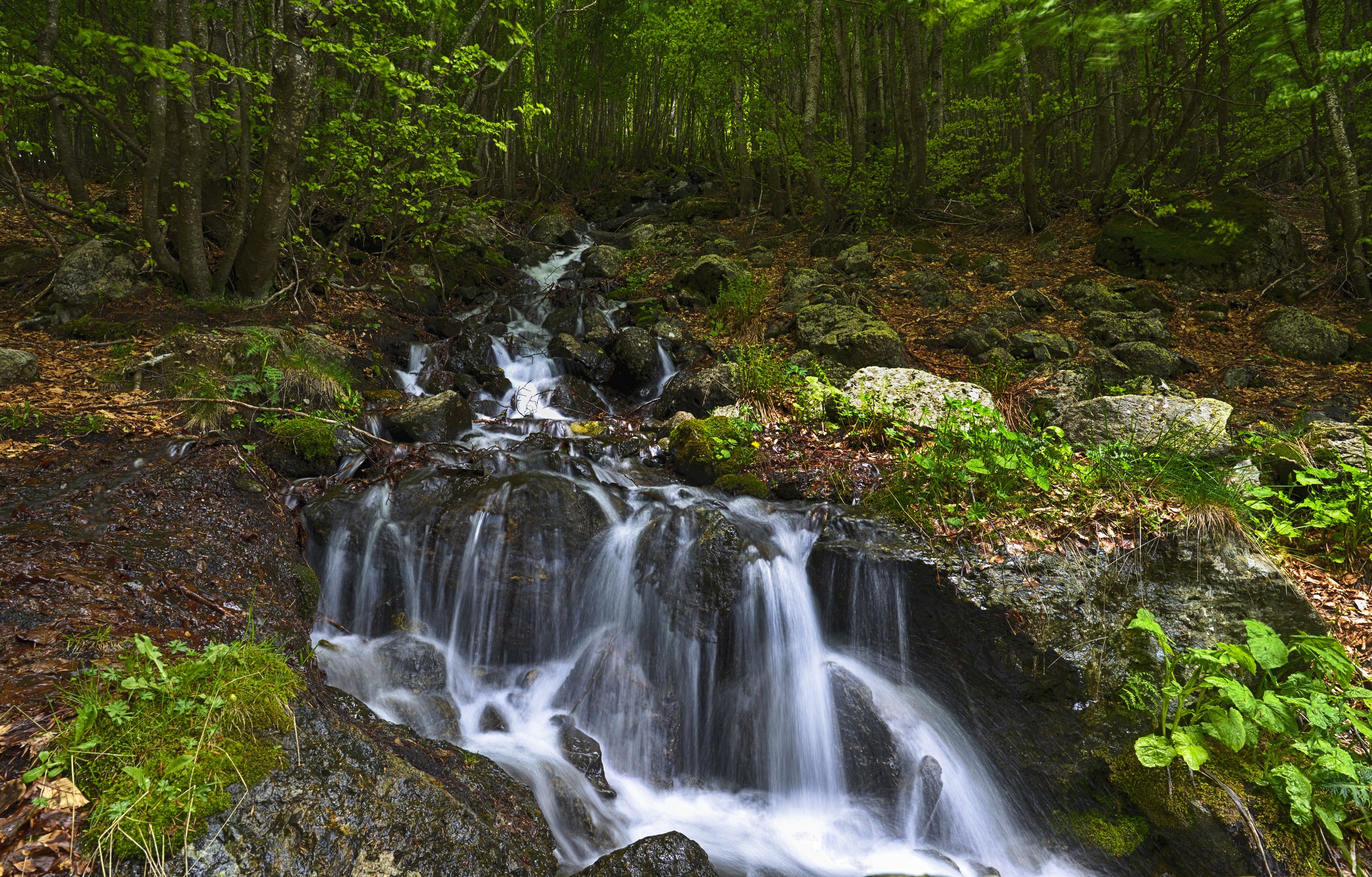

There are so many historic sights in North Macedonia, that it is often easy to look past the incredible beauty sitting right under your nose. Such is the case with Vevčani, the country’s smallest municipality.
Located in southwestern part of North Macedonia, only 15 km from Lake Ohrid — Europe’s oldest lake and a UNESCO World heritage site for both cultural and natural — and under the slopes of the breathtaking Jablanica Mountain, the municipality has an area of only 35 square kilometers and a population of about 2500 inhabitants. Still, Vevčani represents an ecologically and geologically unique site with strongly cherished tradition, culture, and natural treasures.
The Vevčani Springs are located at an altitude of 960 meters and consist of seven smaller springs that conjoin and comprise the course of the Vevchani River and the cave from which they are born, arе a true natural rarity and unique to this small community. Moreover, the local context of Vevčani is particularly important and specific. People there have lived in harmony with nature for centuries, using its resources in a sustainable way. Their identification with nature is significant and they are particularly proud of the fact that there is a protected area on their territory. The Vevčani Springs were declared a protected area in category III Monument of nature by law in 2012.
However, even though the state declares and establishes protected areas, it does not allocate any funds from its budget for their financial support. So, in 2019, to help the municipality of Vevcani ensure financial sustainability, the Nature Conservation Program in North Macedonia — a project of the Swiss Agency for Development and Cooperation and coordinated by Pharmahem and MES (Macedonian Ecological Society), and in cooperation with the Ministry of Environment and Physical Planning — introduced a concept to identify opportunities for designing incentive mechanisms for payment of ecosystem services to ensure financial sustainability. From the multi-criteria analysis they conducted, it emerged that sustainable tourism, as a bundle of cultural services, is an ecosystem service for which it is most feasible to design a payment scheme.
In order to continue developing in a more sustainable way, Balkan Green representatives from North Macedonia – Mustseedonia, supported by Farmahem and MES (Macedonian Ecological Society) have started working with the local community of Vevčani on their education, coaching, and involvement in the methods and practices of sustainable tourism through Green Destinations‘ Good Travel Program on a business level, and the Top 100 Good Practice Stories on a destination level. In this way they will encourage the development of the municipality of Vevčani as the first certified sustainable destination and thus a model to serve as inspiration and to be replicated in other destinations throughout the country.
